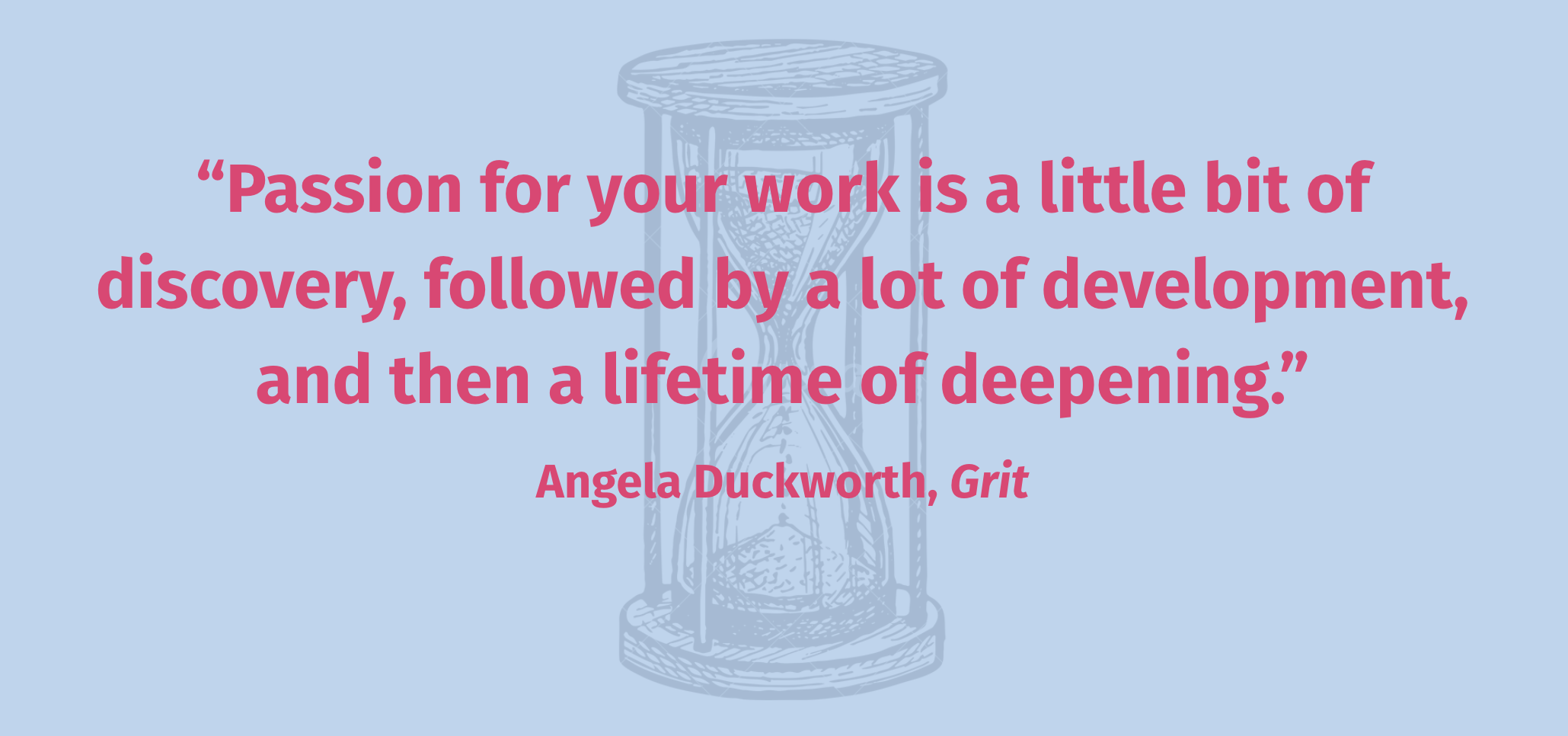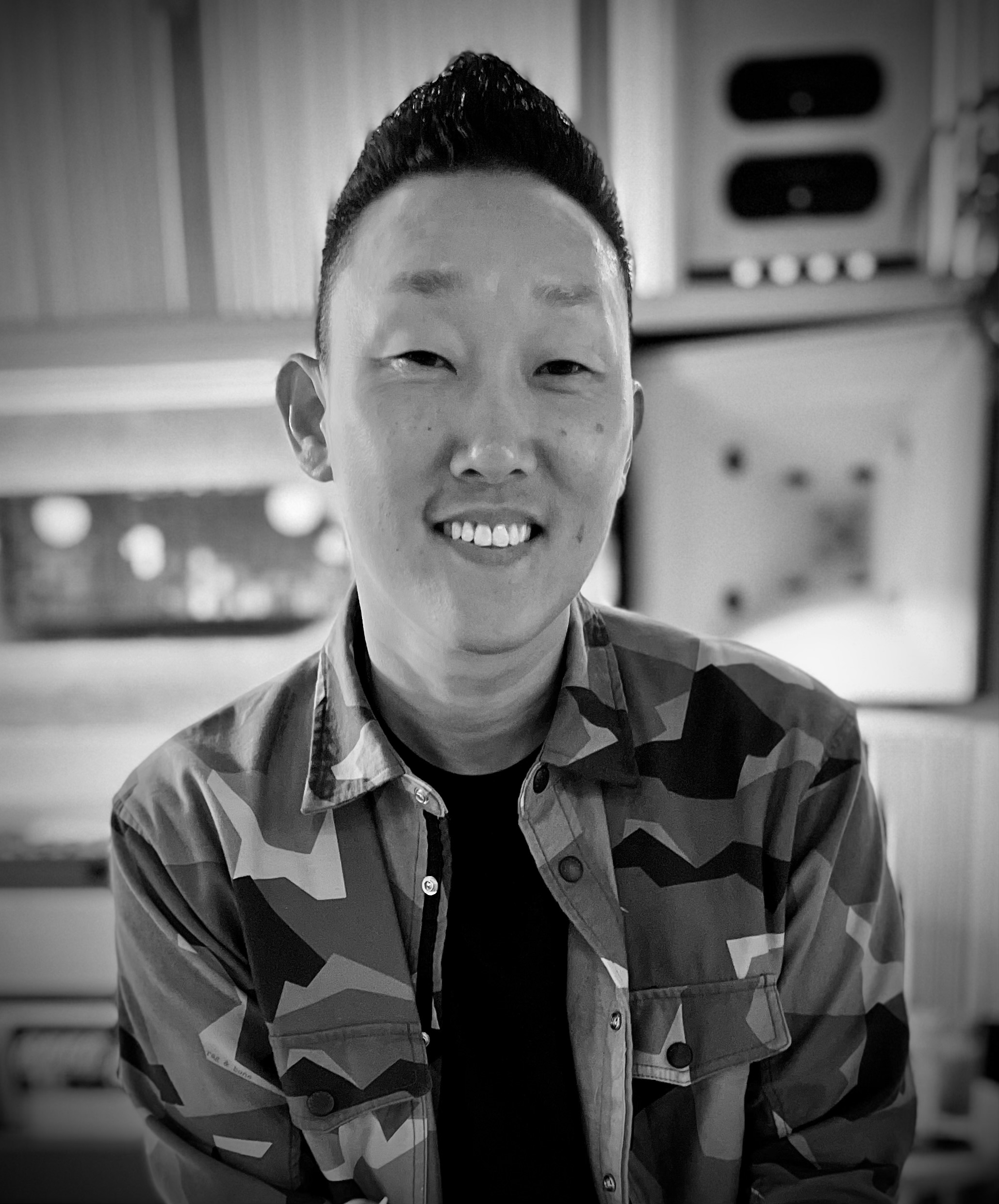Don't Follow Your Passion
Aug 26, 2025The idea of following your passion sounds nice, but I don’t really subscribe to it. Passion isn’t something people are simply born with. It’s developed over time through curiosity and experience.
Think about the passions you discovered as a child. For me, it was drawing. I wasn’t just interested in doodling and sketching. I was obsessed with creating as many drawings as possible in every spare minute I had. I would draw the same things over and over, maybe hundreds or thousands of times. I even made a series of animated flip books by cutting up sheets of paper, stapling them together, and drawing one frame at a time. It was tedious and obsessive, and I loved it.
Looking back, I can see how my passion for illustration deepened as I developed confidence in my skills. The more I improved, the more I wanted to push further.
But it didn’t go that far.
Being a good, obedient son, I had to focus on getting straight A’s in all my classes, so my passion for drawing eventually faded. The path of becoming an artist was put on hold for a couple of decades.
When I finally reignited that dream, I envisioned most of my time would be spent creating, sketching, designing, and experimenting with ideas. But the reality of bringing any creative vision to life is far more demanding.
I had to learn how to budget. I had to manage timelines, coordinate logistics, negotiate with vendors, and oversee labor. The list of responsibilities as an independent business owner is long, and most of it isn’t traditionally “creative”.
In fact, the amount of time I actually spend doing creative work is disproportionately low. And at one point, I seriously questioned whether I was on the right path. But something unexpected happened.
As I became more competent in production, budgeting, and operations, I started to see how much those skills enabled me to bring my ideas to life. I gained control over my work. I started to feel pride not just in the output, but in the process.
Over time, I developed a passion not just for the art, but for the structure that supports it.
This idea isn’t just personal, it’s backed by research.
Psychologist Angela Duckworth, in her book Grit, challenges the belief that passion is something we’re born with. Instead, she found that passion often emerges through experience. It comes from sustained effort, growing interest, and a commitment to developing skill over time.
Duckworth describes passion not as a sudden spark, but as something that gets sharper and stronger the more you stick with something that matters. In other words, you don’t need to feel deeply passionate at the beginning. What you need is the willingness to stay in the game long enough for passion to take shape.

Her research shows that passion and perseverance, not talent or inspiration, are the real drivers of long-term achievement. That’s true for elite athletes, successful entrepreneurs, and everyday creators.
It’s also true for the filmmaker Ava DuVernay.
Before she ever stepped behind a camera, she owned and ran her own PR firm in Los Angeles. She didn’t go to film school or set out to become a director. She spent years handling publicity for other people’s creative work, crafting messaging, coordinating campaigns, managing client relationships, and learning how the industry worked behind the scenes.
She built her agency from the ground up and learned how to run a business. One day, while observing the set of the movie Collateral, she thought, I can do this. That curiosity led her to study filmmaking in her off hours. She used her savings to fund her own projects. When she eventually stepped into the role of director, she didn’t just have vision, she had the operational foundation to make it real.
Ava Duvernay didn’t start with a passion for directing. That passion came later through experience, skill, and confidence.
The takeaway is this: passion doesn’t always come first. More often, it grows slowly through effort and repetition, as you begin to see what you’re capable of building.
All you need is the interest and curiosity to take what you’re already good at and be willing to get better at what you’re not.
The more ownership you take of the whole process, even the unglamorous parts, the more your confidence grows. And with confidence, passion follows.
Don’t wait for the spark. Build the structure and lay the foundation. You might find that your real passion isn’t just in what you make, it’s in what you make possible.

